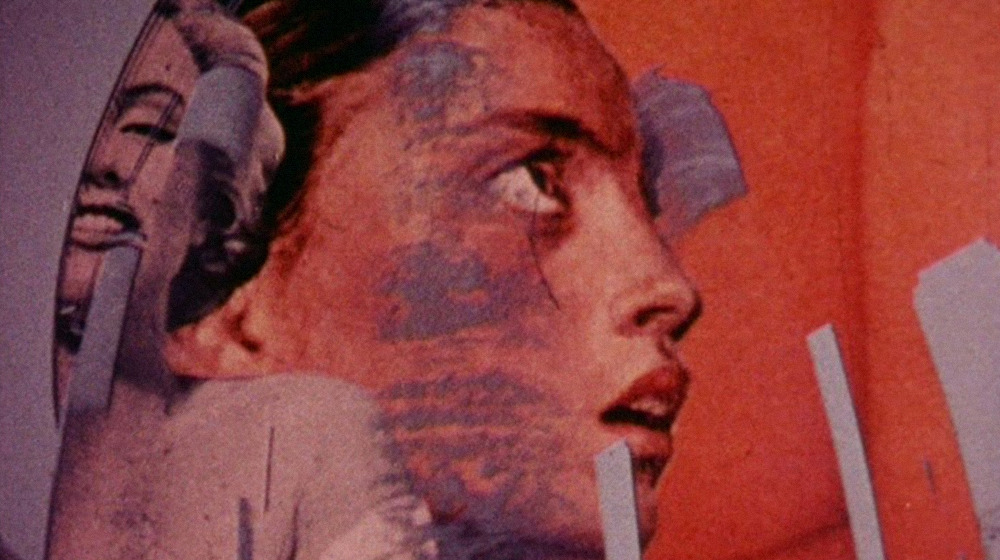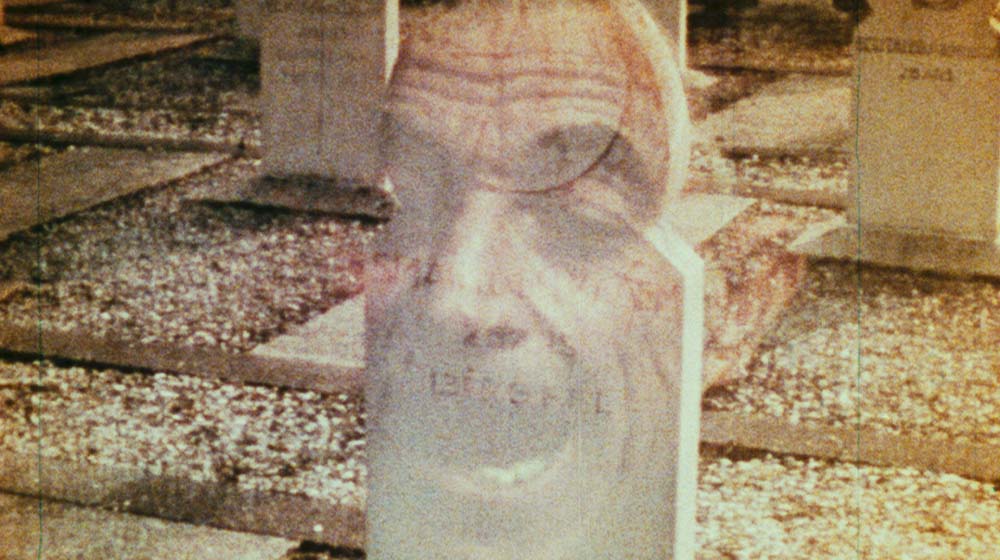The creative couple made up of Djouhra Abouda, a singer, and Alain Bonnamy, a painter, formed part of the founding group of the Paris Film Coop. Their first two short films entered the canon established by Peter Kubelka in Une histoire de cinéma at the Pompidou, but Ali au pays de merveilles was rejected for its "aesthetic deviationism" (Bouhours). As Federico Rossin notes: "the pure, hard-core experimentalists couldn't accept the film's devastating political force".
Today the cinema of Abouda/Bonnamy emerges with the force of definitive gestures of rupture and non-acceptance, capable of harmonising ideological and sensorial form. Ali au pays de merveilles is one of those films that has helped to rewrite the History of Cinema passes, as Nicole Brenez states: "I can't help thinking that if these films - among others - had been seen immediately as the classics they deserved to be, their presence would have changed the history of forms and even the perception of collective history".
Algérie couleurs, Djouhra Abouda and Alain Bonnamy, France, 1970-1972, 16 mm, 16'.
Ciné Cité, Djouhra Abouda and Alain Bonnamy, France, 1974, 16 mm, 15'.
Ali au pays des merveilles, Djouhra Abouda and Alain Bonnamy, France, 1976, 16 mm, 60'.
Digital projection. Copies from Thalita Distribution (talitha3.com)

